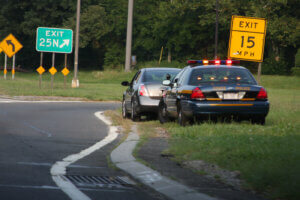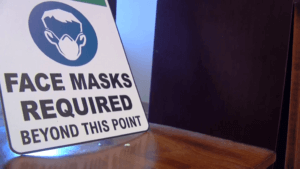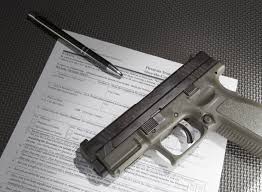Pennsylvania Supreme Court to Hear Case Involving Cannabis Odor and Vehicle Searches
Is the smell of cannabis probable cause for the police to search your vehicle?
That is the question up for debate this week in the Pennsylvania Supreme Court. In Commonwealth v. Barr II, the defendant was charged with illegally owning a firearm after police searched his vehicle because they initially smelled marijuana coming from the vehicle.
 This case could have greater implications on anyone who may be smoking marijuana in public. For instance, the way the law works currently, the smell of marijuana inside a vehicle could prompt a DUI arrest. As thousands of people in Pennsylvania are allowed to smoke medical marijuana, the line is blurred between legalities.
This case could have greater implications on anyone who may be smoking marijuana in public. For instance, the way the law works currently, the smell of marijuana inside a vehicle could prompt a DUI arrest. As thousands of people in Pennsylvania are allowed to smoke medical marijuana, the line is blurred between legalities.
Recently cities in Pennsylvania have begun decriminalizing marijuana, issuing only small fines and seizing the drugs for illegally smoking marijuana. However, in most parts of Pennsylvania, you could still receive a $500 fine and 30 days in jail for illegal marijuana use.
Whether or not the smell of marijuana can legally provoke a vehicle search during a traffic stop is an important detail for anyone charged with a crime stemming from that search.
If you have a pending marijuana case or were recently charged with marijuana possession or marijuana PWID, contact Pittsburgh Marijuana Attorney Justin Ketchel to get more information on your rights and Pennsylvania’s marijuana laws.
Attorney Ketchel can provide a free phone consultation.
If the cops catch you, call Ketchel.
PENNSYLVANIA MARIJUANA LAWYERS
KETCHEL LAW
Call 412-456-1221 for a free consultation
If you have been charged with a crime in Pennsylvania, contact Ketchel Law today.
Our number one goal is to have your charges dismissed and your record clean.
_____________________
FREE LEGAL CONSULTATION
We offer free legal consultations to anyone charged with a crime. Call us today to find out how we can help defend your rights.
Learn more about Ketchel Law:
- Pittsburgh Criminal Lawyers
- Pittsburgh Drug Lawyers
- Pittsburgh DUI Lawyers
- Read Client Reviews
- Case Results



